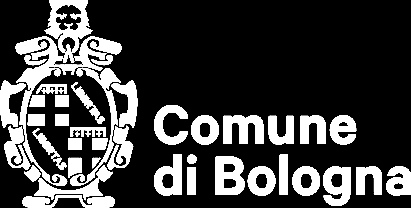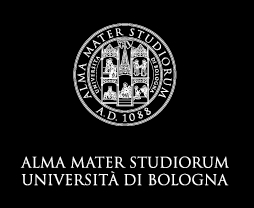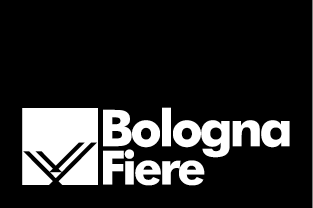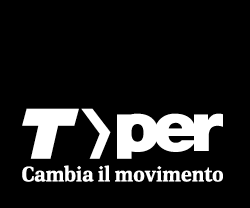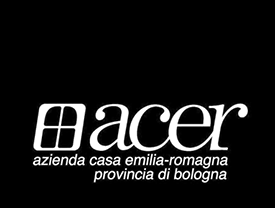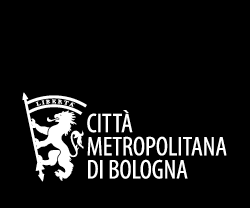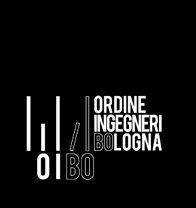FIU is a multidisciplinary urban regeneration research, development, co-production and communication centre working to build the city of the future.
FIU aims to promote relationships between local government, universities, firms, the tertiary sector and citizens.
Its work is designed to foster, guide, facilitate and experiment city transformation processes in both policy planning-civic governance and design terms.
It does so by introducing process and design innovation to administrative mechanisms, shining the spotlight on neighbourhood, environmental transition and cultural democracy.
FIU designs, manages, facilitates and communicates urban transformation processes, with a focus on know-how, methodologies and people, developing shared space and urban service construction trajectories and activating spaces and occasions for public debate and co-production and empowering dialogue between citizens, institutions, associations, movements and stakeholders from the economic, social and cultural worlds.
FIU works nationally and internationally to promote local partnership and civic engagement experiences and co-produce public policies supporting urban regeneration in the proximity dimension and responding to current global challenges.
The organisation also cultivates good practice exchanges, activating and shaping change and innovation processes in other cities in Italy and further afield, too.
WHAT WE DO
FIU promotes, develops and works on innovation projects in two main macro-spheres:
1. Innovation in urban space transformation
Experimentation and innovation processes and projects regenerating urban spaces and buildings of public interest, architectural and urban planning, tactical town planning work, urban planning, sustainable transport and environmental transition processes and design.
The goal is to foster social equity and the transition to climate neutrality.
2. Cultural innovation and urban economics
Cultural programming and production, the development of city cultural policies, cultural and tertiary sector welfare, neo-mutualism and the sharing economy and culturally based urban regeneration projects.
The goal is to promote citizen and community wellbeing and empowerment via culture.
HOW WE DO IT
The basis of FIU’s work is a method founded on civic imagination and process, proximity and research design.
Civic imagination
FIU promotes civic imagination with a view to citizen involvement and inclusion. The goal is to ensure that projects respond to redistribution and empowerment principles with a special focus on proximity and innovation, both digital and otherwise, and their civic and social impact.
Process and proximity design
FIU identifies the most effective methodologies and tools for each project in order to foster citizen and community participation and joint working and also bringing in the various local stakeholders into decision-making processes.
Moreover, via proximity agents FIU fosters citizenship, community, institution and local stakeholder relationships, encourages territorial network building and guides urban transformations on the proximity scale by means of active listening, intercepting opportunities (projects, initiatives, funding, etc.) both from and for the local area, to link up communities, districts, local governments and other institutions.
Policy design and research
FIU guides the development of projects via research work applied to urban challenges and transformations, with special attention to urban public policy innovation and new urban trends.
It also promotes external training activities designed to disseminate new skills, nurturing and encouraging relationships and exchanges with universities and research centres.
WHY WE DO IT
Via its design and other innovation-oriented work FIU pursues social and environmental justice goals based on principles of equity, accessibility, value-promotion and diversity recognition.
In the deeply held belief that redistributing knowledge, education and civic imagination can contribute to collective wellbeing, we undertake to promote and stimulate these via listening and proximity.ù


